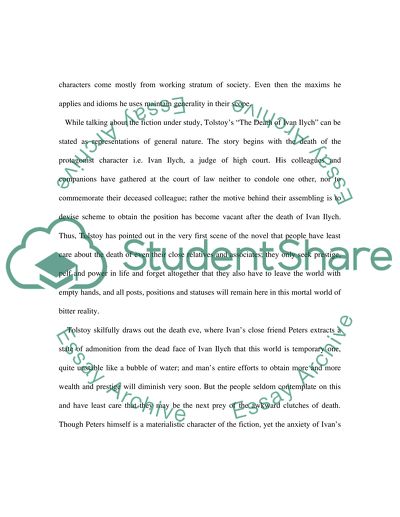Cite this document
(“The Great Critic Simply as a Piece of Literature review”, n.d.)
The Great Critic Simply as a Piece of Literature review. Retrieved from https://studentshare.org/literature/1561569-literature-essays
The Great Critic Simply as a Piece of Literature review. Retrieved from https://studentshare.org/literature/1561569-literature-essays
(The Great Critic Simply As a Piece of Literature Review)
The Great Critic Simply As a Piece of Literature Review. https://studentshare.org/literature/1561569-literature-essays.
The Great Critic Simply As a Piece of Literature Review. https://studentshare.org/literature/1561569-literature-essays.
“The Great Critic Simply As a Piece of Literature Review”, n.d. https://studentshare.org/literature/1561569-literature-essays.


